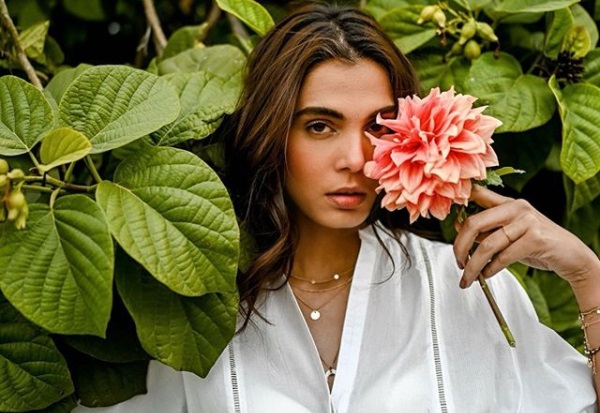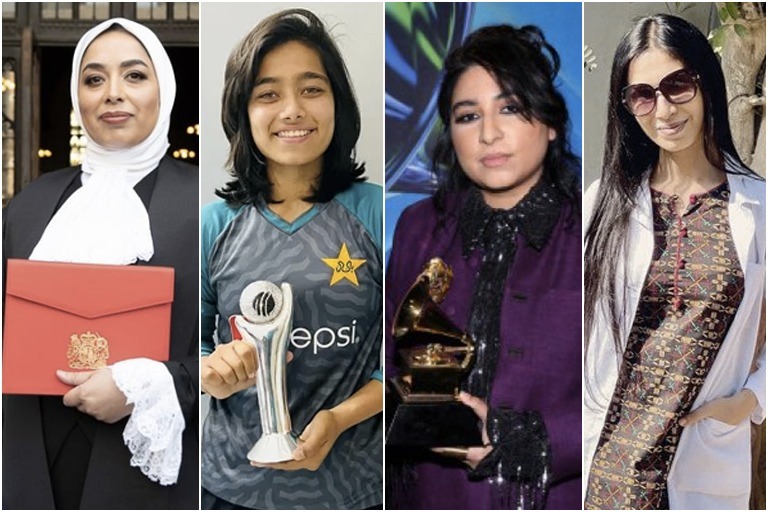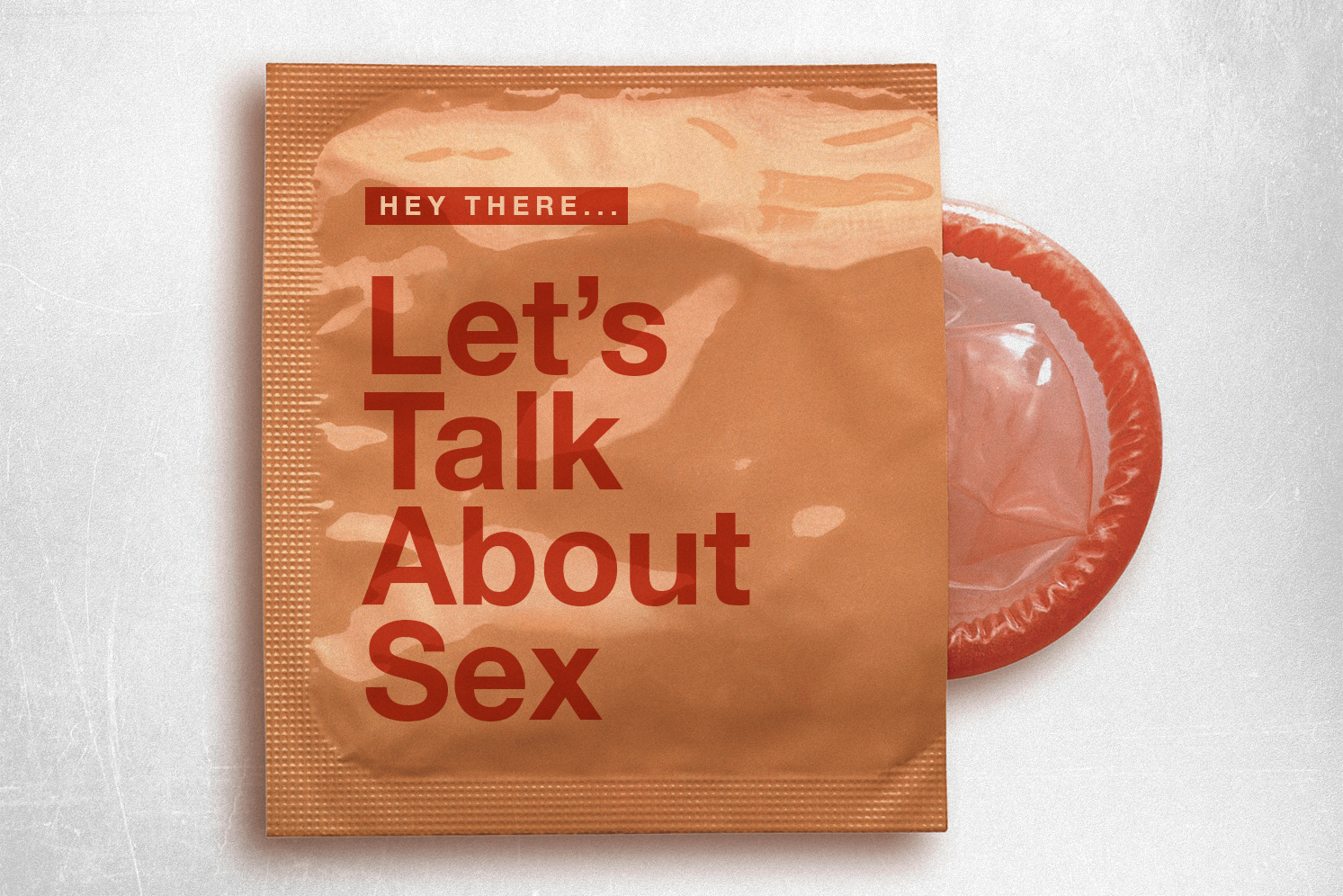KARACHI: Mushk Kaleem has been one of the few models in the fashion industry who are not afraid to speak out. An active advocate against colorism in the past, Mushk Kaleem took to her Instagram, to pen down a heartfelt post regarding her own struggle with body dysmorphia on National Mental Health Day.
What is Body Dysmorphia?
According to DSM-5, BDD (body dysmorphia disorder) is a disorder characterized by feelings of distress or a show of excessive preoccupation over a perceived physical flaw, like a scar, the shape or size of a body part, or some other personal feature.
Living a life as a model in Pakistan can often be extremely demanding of the model’s physical features to always be picture perfect and ready. This can lead to perfectionist traits in a person. This society thrives on pointing out your flaws. It has its thorough list of standards that decide whether or not you are eligible for the lime-light that you receive, and an overall polarised group of audiences who are always ready to point out any physical flaws in you, in case you had missed them out. A society that takes pride in women with fair skin, small waists but big busts, tall height, but not taller than the male model standing next to you, high cheekbones, no loose fat anywhere on the body, and colored eyes. These expectations have, for decades illustrated colonial hangover and an overall shame in seeing something remotely closer to oneself when it comes to fashion models – they must not look local.
The conversation on the problematic tendencies exhibited by the thoroughly integrated colonial hangover in our society has just begun, and there is still a long way to go. The same can be said for the conversation on mental health – another issue that is disowned by the wider society as something that is not worthy of being a primary concern.
Mushk Kaleem’s Instagram post binds both the aforementioned topics together, with a story narrating her own struggles with body dysmorphia.
The model wrote, “2019, was probably the most rewarding year of my career, but when I look back and think about all that I went through last year, I realize that my mental health had completely taken a back seat. I was a model, adapting to fame, success, and accolades. Of course, everyone thought I was okay, living the dream. I knew then, that to complain about anything would be unthankful. I was hospitalized on my 25th birthday last year. I was almost 48 kilos and I was suffering from severe body dysmorphia. I would spend hours obsessing over my weight, about losing those few inches on my waist, about getting those perfect hips, or about just looking the part. I had started starving myself, not eating for 24 hours and more, I was abusing drugs, I was unhealthy. I was a 6ft girl suffering from severe anorexia. I would occasionally blackout. I needed help. I think it had less to do with my field of work and more to do with how I was okay with being so self-destructive. I was comfortable with being unhappy.”
At this point, the reader feels heartbroken for Mushk Kaleem and the load of the disorder sitting on her shoulders at that point, and the way it presented itself as an unhealthy output of physical health conditioned stemming from her deteriorating mental health. However, she adds, “But this is a happy story, I promise.” and her followers finally stop holding their breaths and continue reading about her journey with body dysmorphia.
“Now a year later, I’m a happier person. I’ve been clean for more than a year. I have found support and happiness in my family, friends, and my pets. I have set boundaries that I never let people cross.” she continued.
Positivity and appreciation allow people, patients of BDD or not, to truly see that they are still loved for who they are. The anxiety that stems from trying to “be good” and “appear good” can finally ease itself off once the person suffering feels validated for who they are. From knowing that they are accepted.
Mushk Kaleem elaborated on how she decided to be good to herself, took therapy, and put her own self as a first priority. Her fight with the disorder initially seemed scary, resulting in making her feel more anxious, however, it allowed her to grow and seize back control over her perception of her body.
“I decided that I could still be beautiful, no matter what number the weighing scale would say. I took therapy. I put myself first. I tackled my issues head-on, and at first, it was scary and it aggravated my anxiety, but I’ve grown, and I’ve healed. It’s still an ongoing process of recovery that I’m on. But I’m glad I started somewhere.”
The post, which is a slide of three pictures (the last picture being of an Intravenous drip injected into her hand), ended on a happy note as Mushk Kaleem concluded it by saying, “Our mental health impacts our thoughts, our actions, and our lives. Here’s to taking care of our minds, our bodies, our souls. Happy National Mental Health day!”
We hope her story inspires many who are fighting with body dysmorphia, and encourage seeking therapy to help better the condition. However, we yearn for nothing more than we do for an accepting society, where everyone is beautiful.

 Source: instagram.com/mushkkaleem/
Source: instagram.com/mushkkaleem/











